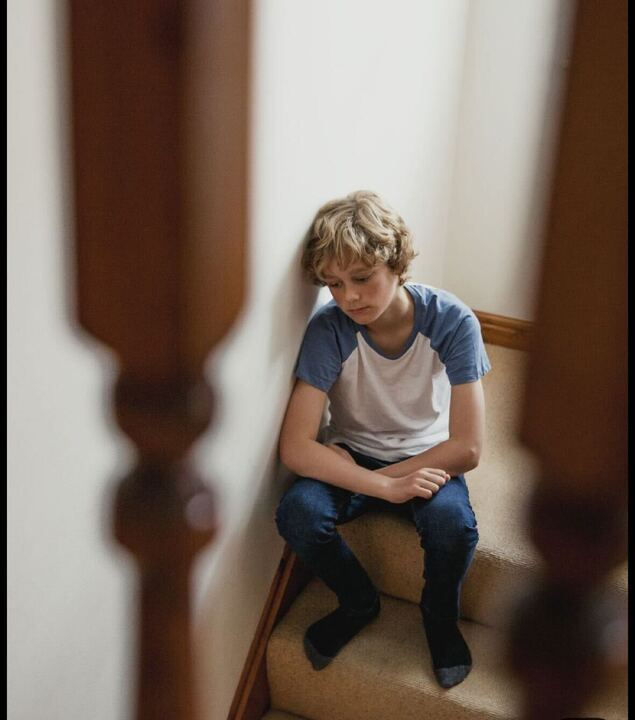Finding the right mental health support for teens can feel overwhelming, especially when families are unsure where to begin. Families can turn to community-based organizations, free or low-cost counseling programs, and structured options like a teen treatment center in Boise that helps youth build coping skills and serves families across the Treasure Valley.
Many programs also include family involvement, making sure that support extends beyond the individual teen and strengthens the home environment. With both in-person and virtual resources available, locations like Boise provide accessible pathways for teens to get help when they need it most. Knowing that effective care exists locally allows families to focus on healing without the added stress of relocation.
Key Takeaways
- Boise provides in-state options for teen mental health support
- Care includes therapy, support groups, and treatment centers
- Family participation plays an important role in recovery
Where Teens in Boise Can Access In-State Mental Health Support
Teens in Boise can find structured care through outpatient counseling, residential treatment programs, and affordable or free resources. Options range from weekly therapy sessions to long-term treatment centers, with services created to address depression, anxiety, and other mental health challenges.
Outpatient and Counseling Services for Boise Teens
Outpatient care allows teens to receive therapy while continuing school and daily routines. Local providers and private counseling practices provide individual therapy, family sessions, and group support. These services often focus on coping skills, emotional regulation, and communication strategies.
Counseling services may also include case management when needed. This helps connect families with additional resources like school support, psychiatric evaluation, or medication management. Outpatient care works best for teens who need consistent support but do not require 24-hour supervision.
Residential Treatment Options Within Idaho
Residential treatment provides structured, intensive care for teens with significant mental health needs. Facilities like Avery’s House in Boise provide a therapeutic environment where teenagers live on-site and participate in daily therapy, skill-building, and supervised activities. These programs often address depression, anxiety, trauma, and behavioral concerns. Treatment plans are individualized and may include group therapy, psychiatric care, and academic support to keep students on track with school requirements.
Some centers, such as those affiliated with Modern Recovery, provide multiple levels of care. This can range from short-term stabilization to longer residential stays, depending on the teen’s progress and needs. Residential programs are appropriate when outpatient therapy is not enough to ensure safety or improvement.
Free and Low-Cost Mental Health Resources
Families concerned about cost can explore free or low-cost mental health services in Boise. Medicaid and certain state-funded programs cover therapy, counseling, and psychiatric care for eligible teens. Sliding-scale clinics also make treatment more affordable for families without insurance.
Community-based organizations provide additional support. NAMI Idaho provides free peer support groups and educational resources for both teens and parents. These programs help reduce isolation and connect families to ongoing care. Government-funded and nonprofit providers may also provide crisis intervention, case management, and referrals.
Key Approaches and Family Involvement in Teen Mental Health Care
Effective care for adolescents often combines structured therapy, family participation, and academic or medical support. These approaches aim to build resilience, improve self-esteem, and create consistent strategies that extend beyond the clinic into daily life.

Family Therapy and Parental Support
Family involvement plays a central role in adolescent recovery. When parents and caregivers participate in sessions, they gain tools to recognize warning signs, manage stress at home, and reinforce coping strategies. This collaboration helps reduce conflict and strengthens communication between teens and their families. Family therapy often addresses patterns of interaction that contribute to stress. Structured sessions may focus on improving problem-solving, setting expectations, and creating supportive routines.
Parental support also extends outside therapy. Attending school meetings, monitoring progress, and advocating for services ensures that the teen’s needs are met across different environments. Families who stay engaged often report stronger treatment outcomes and more sustainable improvements in their child’s mental health.
Academic and Medication Management
Mental health challenges often affect school performance, attendance, and motivation. Academic support, such as tutoring or individualized education plans (IEPs), helps students manage workloads while addressing concentration or anxiety issues. Schools in Boise frequently collaborate with providers to coordinate accommodations.
Medication management is another important component. Psychiatrists may prescribe antidepressants, mood stabilizers, or ADHD medications depending on the diagnosis. Regular monitoring ensures that benefits outweigh side effects and that the treatment plan remains appropriate as the teen develops. Combining academic support with medication oversight creates a more balanced approach. For example, a student with depression may improve focus through medication while also receiving classroom adjustments that reduce stress. This dual strategy helps teens maintain progress both academically and emotionally.

Conclusion
Teens in Boise can access a range of mental health resources without leaving Idaho. Options include school-based services, community programs, and specialized treatment centers that provide both outpatient and residential care. Families can choose from structured clinical care, free or low-cost counseling, and peer-led groups depending on need. This combination of community-driven and professional support ensures multiple entry points for teens seeking help close to home.





















